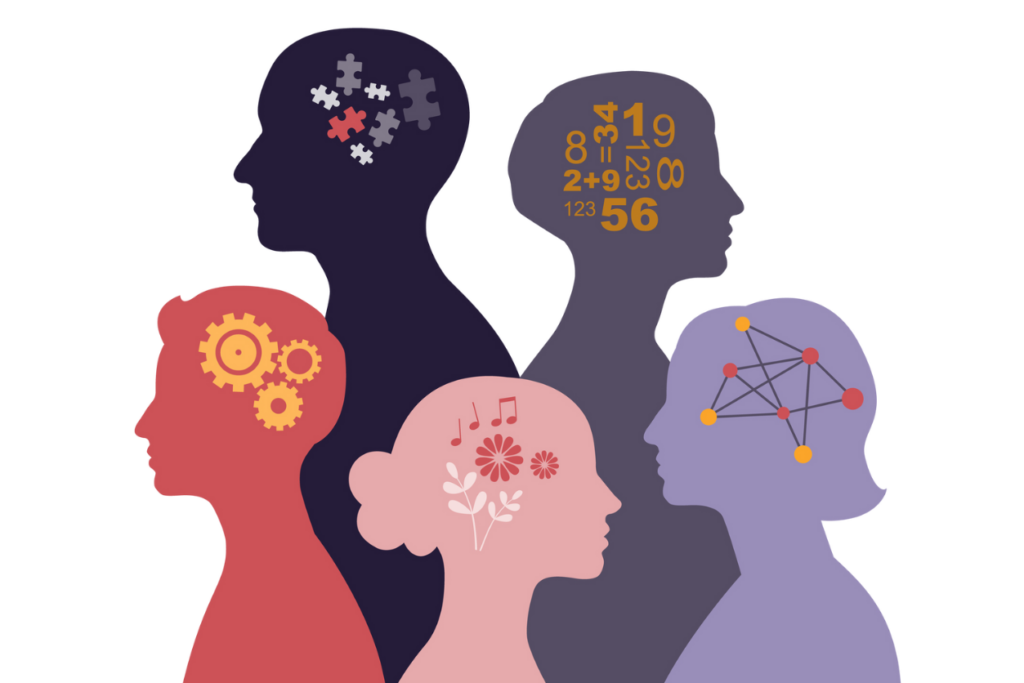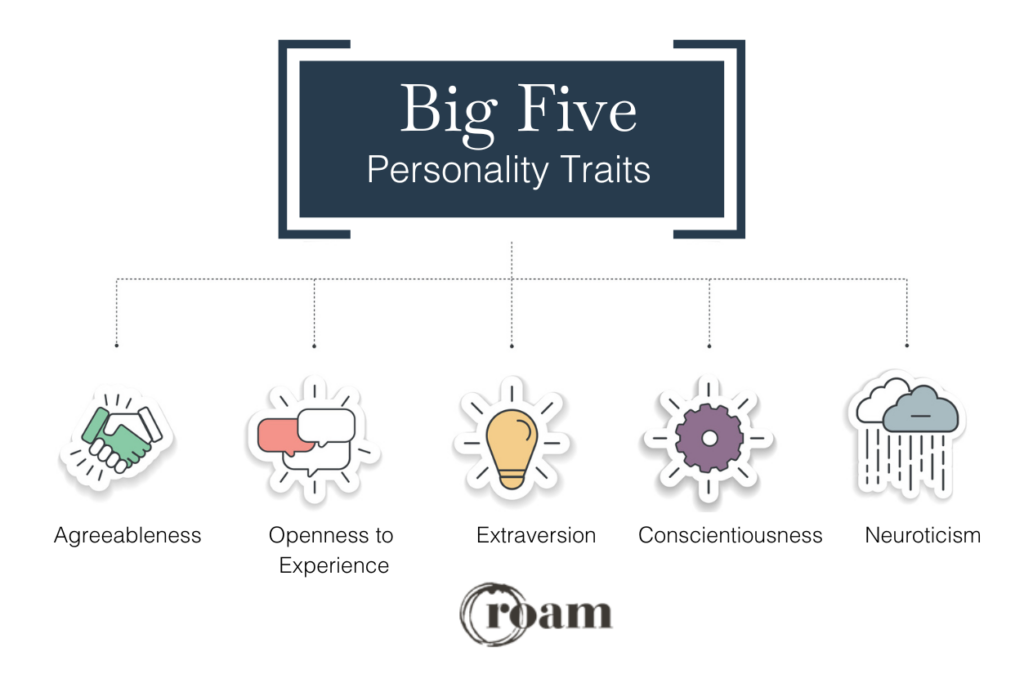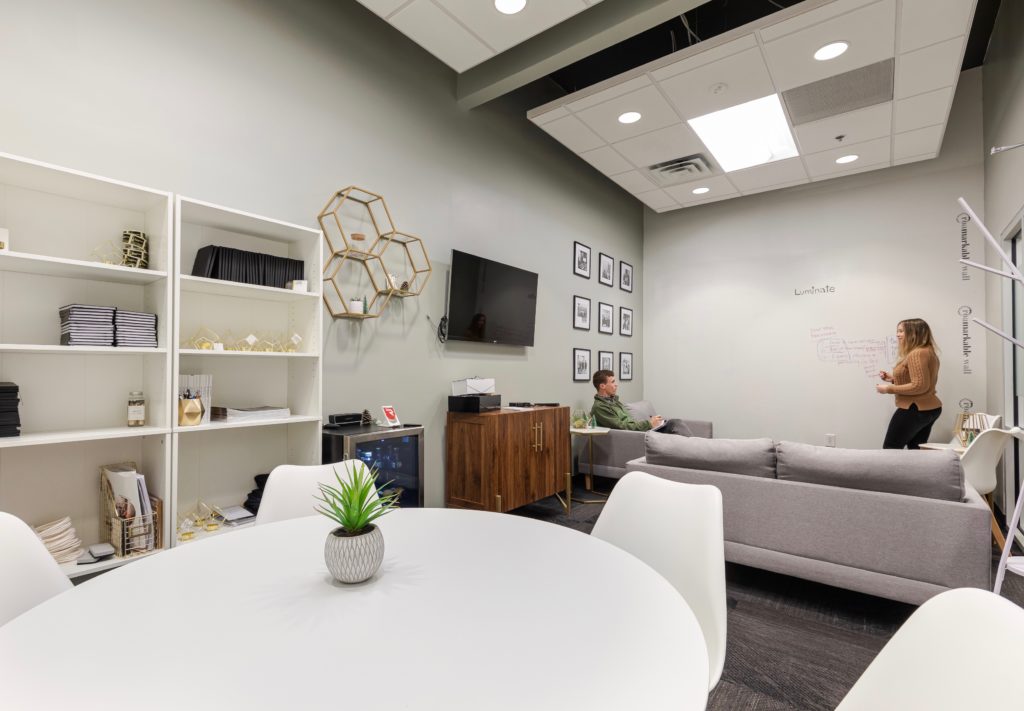Why Team Building Personality Assessments Matter

Personality assessments are powerful tools for improving team dynamics in the workplace. By identifying individual strengths, communication styles, and potential conflicts, these tests help managers build more effective teams. Whether enhancing collaboration, refining leadership skills, or reducing workplace friction, personality assessments provide actionable insights that lead to stronger, high-performing teams.
Exploring the Best Personality Tests and Their Impact
Personality assessments help teams understand individual work styles, strengths, and potential challenges. Here are some widely used tests and their workplace benefits:
Myers-Briggs Assessment (MBTI Assessment):
MBTI categorizes individuals into 16 distinct personality types based on four key traits: introversion vs. extraversion, sensing vs. intuition, thinking vs. feeling, and judging vs. perceiving. This test helps teams assign roles based on natural problem-solving and interpersonal skills.
DISC Personality Assessment:
The DISC model focuses on four primary traits—Dominance, Influence, Steadiness, and Conscientiousness. It’s particularly useful for improving communication and conflict resolution by predicting how team members respond under pressure.
Keirsey Temperament Sorter:
Building on the MBTI foundations, the Keirsey Temperament Sorter test sorts individuals into four temperaments: Guardian, Artisan, Idealist, and Rational. It provides valuable insights into a person’s core values and motivations, aiding teams in leveraging diverse viewpoints and strengths in a complementary manner.

Big Five Personality Test:
Also known as the Five Factor Model, this test measures five broad dimensions of personality—Openness, Conscientiousness, Extraversion, Agreeableness, and Neuroticism. The results can guide teams in understanding how members might cope with stressful situations, adapt to change, and contribute to group dynamics.
These personality assessments give organizations a structured way to understand team dynamics, allowing managers to build more cohesive and productive teams. As we consider the benefits these assessment tools bring to the workplace, it becomes clear why they are foundational to developing high-performing and cohesive teams.

The Benefits of Using Personality Tests in the Workplace
Implementing personality assessments can lead to stronger team dynamics, better leadership, and improved job satisfaction. Here’s how:
Better Communication
By revealing how different personality types communicate and process information, these tests help team members adjust their communication styles to better connect with one another. This fosters clearer collaboration and strengthens emotional intelligence, allowing employees to engage with each other more effectively.
Conflict Resolution
Understanding the diverse ways in which team members react to stress and confrontation can greatly aid in conflict resolution. Personality tests can highlight potential friction points and offer strategies to handle disagreements constructively before they escalate.
Leadership Development
Identifying leadership qualities through personality assessments can be crucial in nurturing potential business leaders. These insights allow organizations to tailor development programs that enhance leadership skills suited to various personality types.
Optimized Team Composition
By assessing the strengths and weaknesses of each team member, managers can strategically assemble teams that balance various skills and personality traits, even as early as during the hiring process. This leads to better project outcomes and more innovative solutions, as team members complement each other’s capabilities.
Improved Job Satisfaction and Retention
When individuals are placed in roles that align with their personality strengths, they are more likely to excel and feel satisfied with their work. This not only boosts productivity but also enhances employee engagement and retention by making team members feel valued and understood.
When used effectively, personality assessments transform the theoretical understanding of team dynamics into practical, actionable insights for creating high-performing teams.
Implementing Personality Tests: Best Practices for Effective Team Building
Integrating personality tests into team-building activities requires thoughtful planning and execution. Here are some strategies and tips to ensure that these assessments contribute effectively to team development:
- Selecting the Right Test
- Choose a personality test that aligns with your team’s needs and the specific outcomes you hope to achieve. Whether it’s enhancing communication, leadership development, or conflict resolution, make sure the test is reputable and scientifically validated to provide reliable insights.
- Introducing the Concept
- Present the idea of personality testing to the team in a positive light. Emphasize that these tests are tools for personal growth and better team collaboration, not mechanisms for judgment or criticism. Ensuring buy-in is crucial for the success of the initiative.
- Facilitating Open Discussions
- After administering the test, organize a session where team members can discuss their results openly. Facilitators should guide the conversation in a way that highlights the diversity of the team and how these differences can be strengths rather than sources of conflict.
- Using Results Constructively
- Use the insights from personality tests to make informed decisions about project assignments, leadership roles, and conflict management strategies. Encourage team members to consider people’s personalities when collaborating or communicating.
- Ongoing Application
- Personality tests are not a one-off activity. Revisit the personality test results regularly during team meetings to reinforce understanding and adjust team dynamics as needed. This ongoing application helps teams adapt to changes in the team composition or the nature of the work.
- Monitoring and Adjusting
- Regularly assess the impact of personality testing on team performance and dynamics. Be open to feedback from team members and ready to make adjustments to the implementation process based on their experiences.
By following these strategies, organizations can maximize the benefits of personality tests in building more cohesive and effective teams. These tools not only help in understanding individual and group behaviors but also pave the way for a more inclusive and productive workplace environment.

Enhancing Team Building with Roam’s Professional Environment
Personality assessments are most effective when paired with an environment that fosters collaboration and growth. At Roam, we provide dynamic workspaces designed to bring teams together and enhance productivity.
With eight locations across Metro Atlanta, Dallas, and Greenville, Roam offers:
- Flexible Coworking Spaces – A productive setting for individuals and teams to work, collaborate, and build stronger connections.
- Private Offices – Secure, fully furnished offices for focused work and team discussions.
- State-of-the-Art Meeting Rooms – Equipped with A/V technology, whiteboards, and customizable layouts for workshops, team-building exercises, and leadership training sessions.
- Event Spaces – Perfect for company retreats, professional development events, and off-site planning sessions.
Roam’s thoughtfully designed spaces create the ideal setting for teams to apply strategy, strengthen communication, and improve collaboration. Whether you’re hosting a DISC assessment workshop, leadership training, or a team strategy session, our locations provide the right tools and environment to make it a success.
Schedule a tour today, book a room, or try a day pass! Discover how Roam’s workspaces can help your team thrive.
